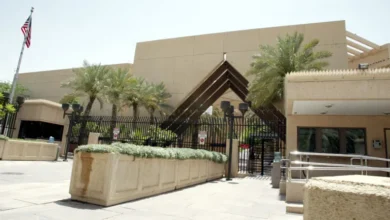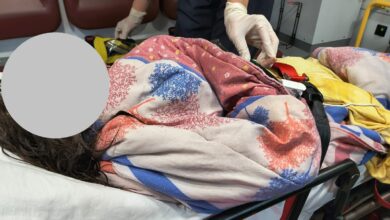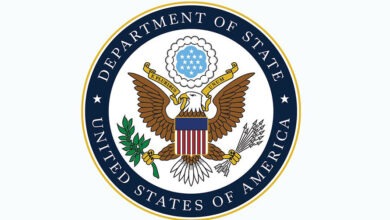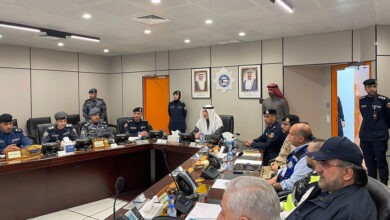Farmers bemoan foot-and-mouth outbreak despite assurances from PAAAFR
Farmers blame the authorities for importing infected cattle from Kenya and Australia and lack of quarantine procedures

Despite reassurances given by the Public Authority for Agriculture Affairs and Fish Resources, cattle farm owners and breeders remain deeply concerned about the spread of foot-and-mouth disease, which has already claimed many livestock lives. Calls for immediate intervention have intensified, particularly regarding the shortage of vaccines.
Cattle farm owner Abdul Latif Al-Wahib criticized the authority’s failure to provide vaccines, stressing that farmers are legally barred from importing them independently. He blamed the recent arrival of around 800 cattle from Australia which reportedly spread the disease to Sulaibiya farms, exacerbated by a lack of preventive measures. Al-Wahib urged the authority to improve veterinary quarantines and enforce vaccination before importing animals, reports Al-Rai daily.
Abdul Hakim Al-Ahmad, Chairman of the Fresh Dairy Producers Union, also stated that calves imported from Kenya, coupled with weak quarantine procedures, are to be blamed for the infiltration virus. He revealed that breeders had asked the authority last year to allow vaccine imports at their own expense but received no response. The outbreak has severely impacted production, with one company’s milk output dropping from 17 tons to just one ton per day, posing a threat to food security.
In response to the crisis, the Arabian Peninsula Office of the Arab Organization for Agricultural Development held a virtual meeting with experts from the Kuwait University, the Kuwait Institute Scientific Research, and the PAAAFR. Officials presented updates on the epidemiological situation and ongoing measures.
Dirar Sattam Al-Mustafa, head of the organization’s regional office, emphasized the importance of the authority’s efforts and outlined technical recommendations to strengthen disease control.
He highlighted the organization’s previous contributions, including a 2022 expert mission that enhanced Kuwait’s veterinary laboratory capabilities and helped in early detection of the current outbreak.












